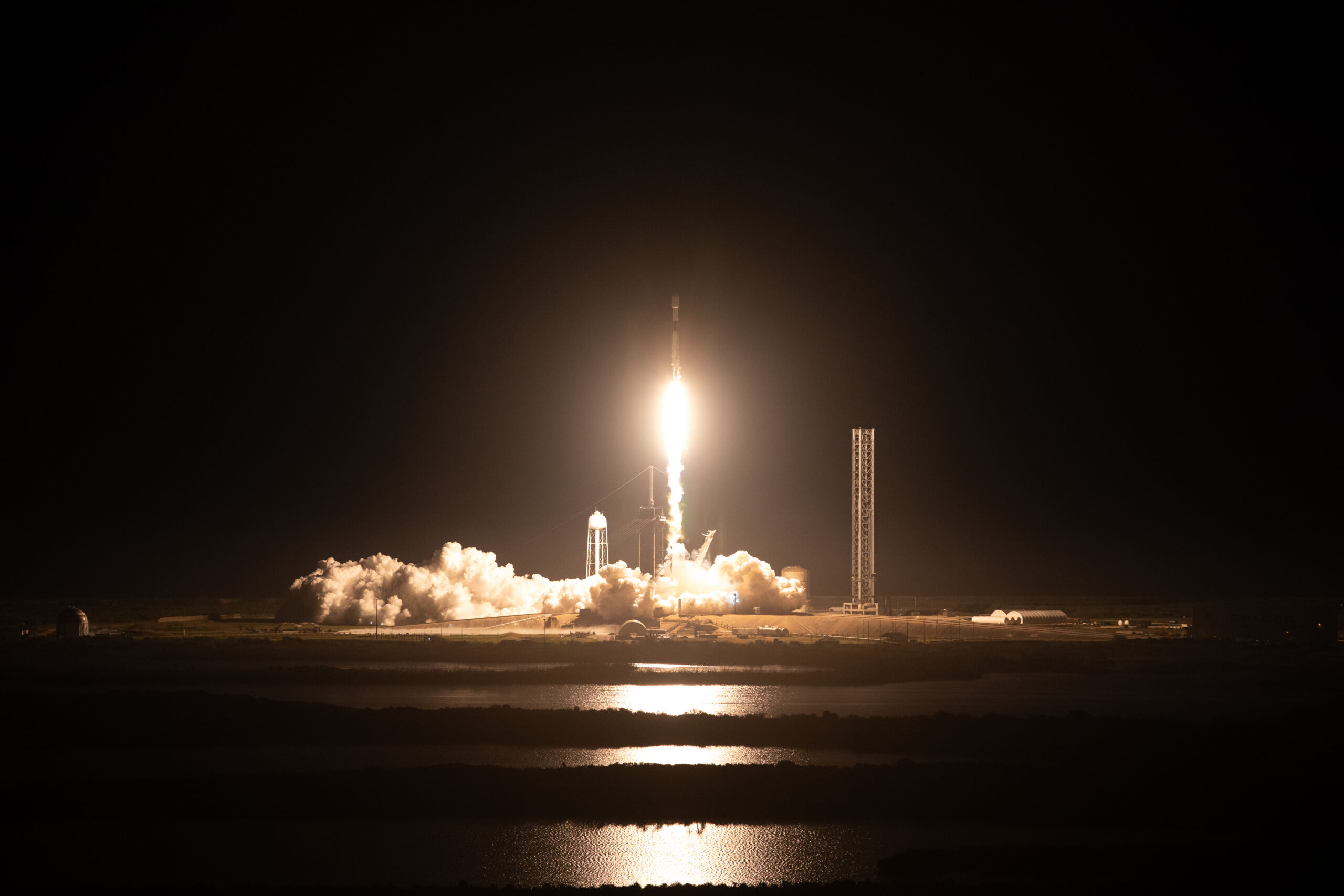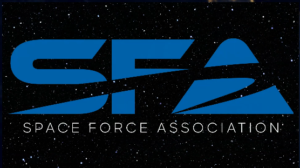In a historic moment reminiscent of the Apollo era, American space exploration has achieved a groundbreaking feat, signaling a pivotal shift in the landscape of space defense and commercial space ventures. The successful landing of the Odysseus spacecraft, a privately-funded endeavor by Intuitive Machines, marks a significant milestone in the race to space dominance and underscores the evolving dynamics between government space commands and commercial entities.
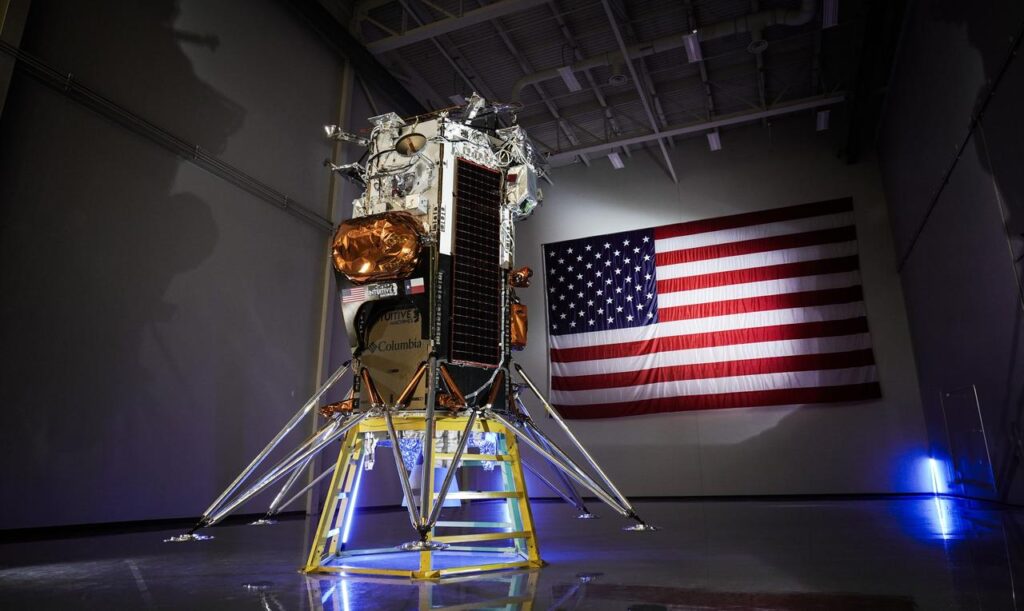
The implications of this achievement reverberate across multiple fronts. Firstly, it reaffirms the United States’ commitment to reclaiming its position as a leader in space exploration. With NASA’s backing, the Odysseus mission paves the way for future manned missions to the Moon, setting the stage for expanded lunar exploration and potential colonization efforts.
Moreover, the involvement of commercial space companies like Intuitive Machines heralds a new era of collaboration and innovation in space defense. By leveraging private sector expertise and resources, government space commands can access cutting-edge technologies and expedite mission timelines, thereby enhancing their strategic capabilities.
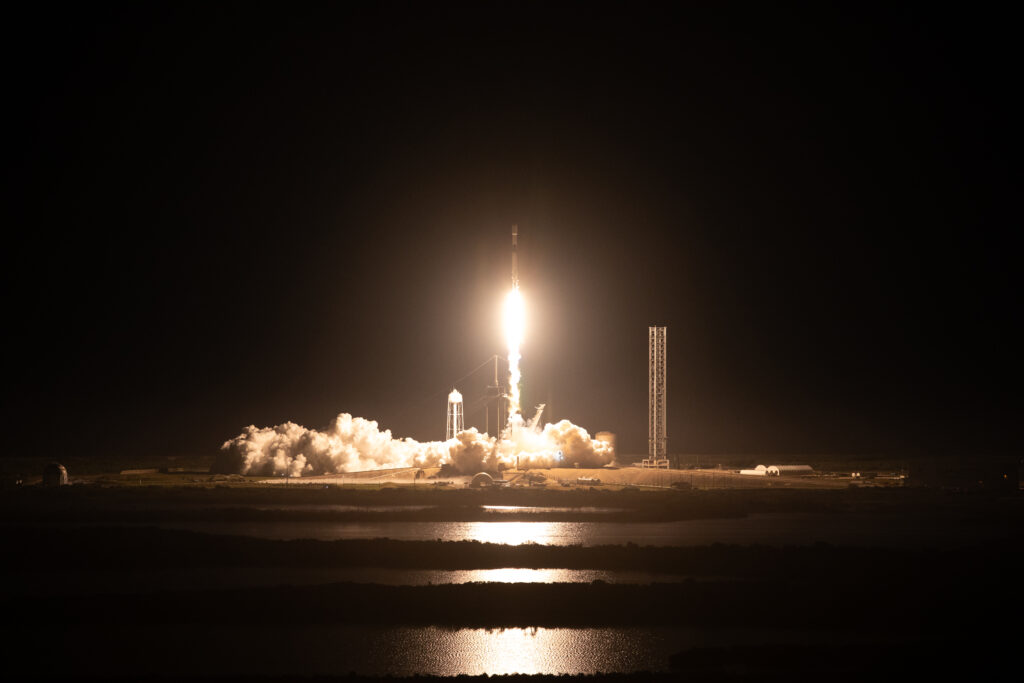
For commercial defense companies, this milestone underscores the growing importance of space-related ventures. As space exploration becomes increasingly privatized, companies investing in space technologies and capabilities stand to reap substantial rewards. The success of the Odysseus mission highlights the lucrative opportunities available in the burgeoning space economy, driving investment and innovation in the sector.
SFA’s perspective furthermore, the Odysseus mission underscores the imperative for synergy between government and commercial entities in shaping the future of space defense. As countries around the world develop their national space defense strategies, collaboration between public and private stakeholders becomes paramount. By fostering partnerships and sharing resources, nations can bolster their space capabilities and mitigate security threats in the extraterrestrial domain. SFA plays a leading role in bringing these national and international networks together.
America’s return to the Moon represents a paradigm shift in space exploration and defense. By harnessing the collective expertise of government agencies and commercial enterprises, nations can unlock the full potential of space exploration while safeguarding their strategic interests. As the race to space intensifies, collaboration emerges as the cornerstone of future space endeavors, ensuring that humanity ventures forth into the cosmos united and prepared for the challenges ahead.
Stay up to date with the latest SFA perspectives and commentary by becoming a member. Join today!
